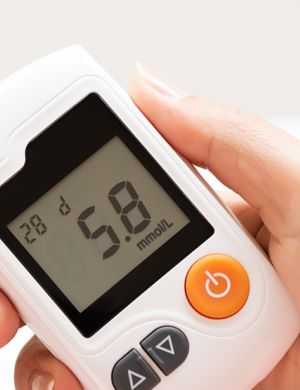
WHO Recommendations for screening and treatment to prevent cervical cancer
Cervical cancer remains a major cause of illness and death among women globally, especially among those in low-resource settings, despite being both preventable and treatable. To accelerate and equalize progress in cervical cancer prevention, screening, and treatment, WHO and HRP have released updated guidance.
A significant change in this new guideline is the recommendation to use HPV DNA-based testing as the preferred screening method. This replaces approaches such as visual inspection with acetic acid (VIA) or cytology (Pap smear), which are still widely used worldwide.
HPV DNA testing identifies high-risk HPV types responsible for the vast majority of cervical cancers. Unlike visual methods, HPV DNA tests provide objective results, eliminating subjective interpretation.
Although cervical sample collection is similar whether using cytology or HPV DNA testing, HPV DNA testing is simpler, more effective at preventing precancer and cancer, and ultimately more cost‑efficient. Increasing access to HPV testing tools and enabling self‑sampling are also key strategies for helping countries meet the global target of 70% screening coverage by 2030.
Summary Recommendation for the General Population of Women
WHO recommends the following cervical cancer screening strategies:
- HPV DNA testing in a screen‑and‑treat approach beginning at age 30, with repeat screening every 5–10 years.
- HPV DNA testing in a screen‑triage‑and‑treat approach beginning at age 30, with repeat screening every 5–10 years.
Summary Recommendation for Women with HIV
WHO recommends:
- HPV DNA testing in a screen‑triage‑and‑treat approach beginning at age 25, with screening every 3–5 years.
Don’t miss out! Click here to stay in touch.
Categories
- Biopharma (59)
- Consumer Health (22)
- Cosmetics (11)
- Diagnostics (5)
- Digital Health (8)
- Food (2)
- Medical Device (113)
- OTC (5)
- Regulatory Intelligence (13)
- Standards (41)
Recent Blogs
Get the latest updates from Vistaar

Related Posts
CONNECT WITH US

Let's talk about how Vistaar can help you




